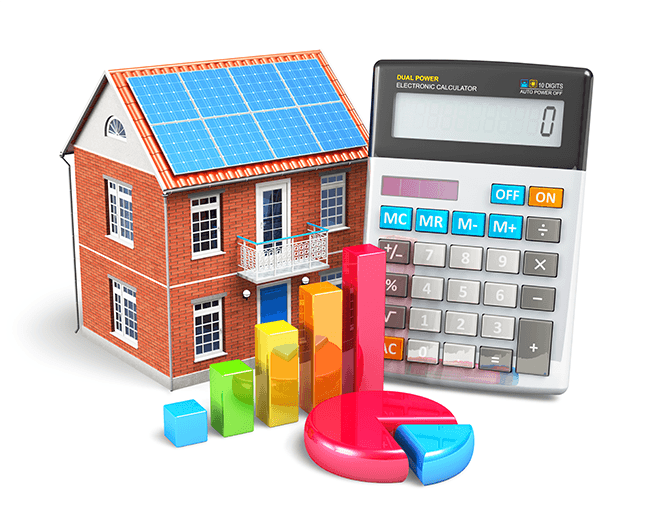Owning property can be a profitable business, but the income is taxable. There are choices you can make to make the tax more gentle on your finances some of which are:
- Using limited companies or LLPs
- Trading vs. investment property
- Capital gains tax
- Entrepreneurs relief.
The property tax planning will be effected by the motives for which the investment in property was made.
- To resell the property in the short term at a profit (trading stock)
- Capital appreciation and generating rental income (investment property)
When you sell trading stock this will generate trading profits that are subject to tax. You can try to minimise the tax with Entrepreneur’s Relief and Substantial Shareholding Exemption. An investment property will be taxed on other grounds as it creates capital gains or losses. Trading businesses have the advantage of various reliefs in comparison to investment businesses.
Individually held properties
For properties held individually, higher or additional rate taxpayers will pay a much lower rate of 28% on capital gains from investment properties compared to 40% or 45% on profits from trading stock.
A company only pays tax at 20%. Therefore a limited company would save tax with both investment properties and trading stock if the profits are kept within the business or are re-invested.
However, there would be another level of tax if the company were to pay out the profits as dividends. It might be more feasible to hold the properties individually in case there is an intention to extract significant profits on a regular basis.
This is particularly true with the investment properties as individuals can benefit also from capital gains tax allowances and also the CGT tax rates are lower than income tax for higher/additional rate taxpayers.
The property tax planning can also contain
- Loan interest
- Substantial shareholding exemption
- Principal private residence exemption
- Investment property expenses: revenue vs. capital
- Valuation of trading stock
- Other required planning

